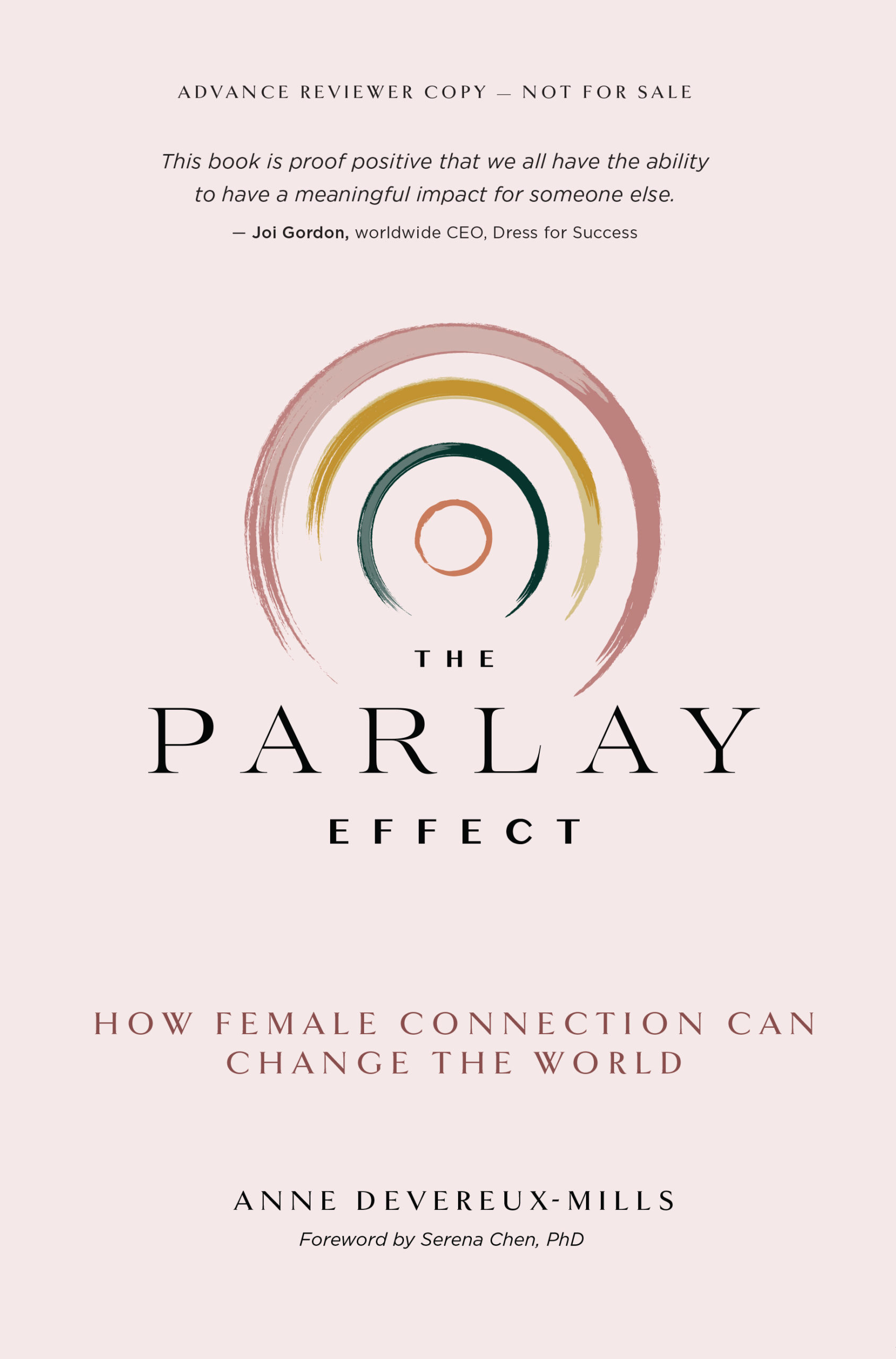1. How did you balance writing your story your way and giving readers what they want?
Not to be defensive (ok, maybe I am being defensive) but I actually didn’t think about writing my book in terms of “giving people what they want” and I definitely wasn’t aware of doing anything “my way”! I just knew in my heart-of-hearts that my life story was relatable on a very raw and human level, and that by sharing my truth I might allow other people to feel empowered to share theirs in the same way.
2. How much did real world people influence your characters and do you feel a debt to them?
The characters in my book are real, their stories are true, and their willingness to allow me to include their experiences makes me indebted to them even more! For writers of fiction, characters are often a compilation of life experiences and imagination. For stories like mine, characters come from people who are willing to step forward and talk about what they went through and to explain the decisions they made. The fact that famous people like Richard Branson, and people you have never heard of, came together to be part of this book makes it incredibly special.
3. What is the most unusual or surprising element of The Parlay Effect?
Awww. I hate to give away a good punch line. It’s like reading the last chapter of a mystery without letting it unfold.
What I will say is that the results of our research showed that there are upsides to living in a society that is always watching and observing each other. Being in a fishbowl might make you feel uncomfortable, like everything you are doing is being judged and watched. But we found out that when you do positive things that are observed by other people — something kind, inclusive, generous, helpful, or empathetic, other people who see your actions will follow your lead and behave in a similarly positive way!
4. What book or author inspired you to start writing?
Brene Brown. She is the mother of vulnerability and authenticity and she speaks to the power that comes from being your true self. I heard her do a keynote five years ago at the Watermark Conference and she changed how I live my life.
5. You recently completed a TED Talk. hat was that experience like and going on tour to different events what is the one message that you hope is delivered as it relates to your book?
First of all, doing a TED Talk is as intimidating as hell. I mean, I am a confident speaker and probably do 3-4 talks a week these days. But on the TEDx stage, there are as many as 1,000 people in the audience, and the finished talk is launched into the ether by the TED Network and can be viewed millions of times. The pressure is sky high. What’s worse for me is that I like to be unscripted, and the TED format is specific and allows for a limited time frame, gives you a red dot to stand on, and has lighting on your face which blinds you to your audience (but looks great on camera).
That said, the key take-away is that everyone, regardless of money, power or access, has the ability to create a cascade of good. In these current times, when we are divided as a nation and as individuals, knowing you can be part of a change gives hope.
6. Are you opening up any new Parlay Houses soon and if so where?
Yes! We are about to launch chapters in Paris, Atlanta, Denver and Seattle. Those cities are great additions to the events we already hold in San Francisco, Oakland, Los Angeles, New York, Washington DC and London. We are even working on Launching Parlay House in Amman, Jordan!
Bonus Question:
Does your family support your writing career? Were any of them instrumental in the creation process?
My family is supportive across the board. And some of them are captured in the book. My parents were especially supportive — not directly, but in the way I was raised. They literally said, “The sky is the limit. Experiment, take risks, do things that scare you, and it’s not only OK to fail, but failure is part of the process.” That gave me the courage to write my first book and to launch this ever-evolving organization.

